The first half of life is devoted to forming a healthy ego, the second half is going inward and letting go of it
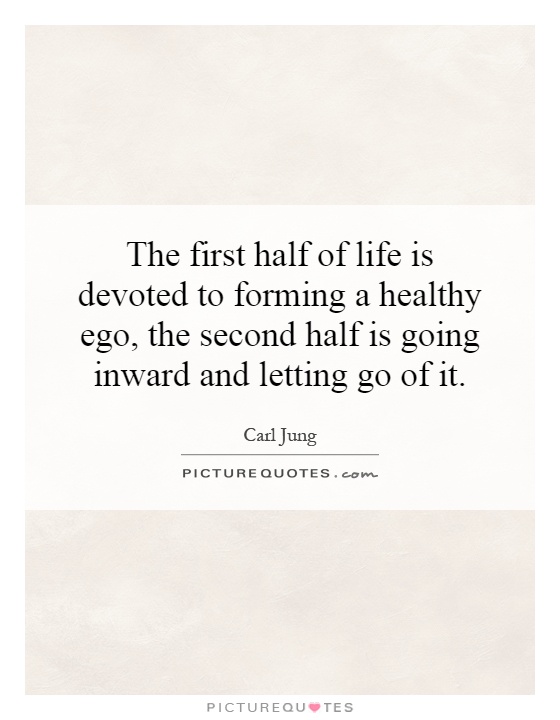
The first half of life is devoted to forming a healthy ego, the second half is going inward and letting go of it
Carl Jung, the renowned Swiss psychiatrist and psychoanalyst, believed that the first half of life is primarily focused on forming a healthy ego, while the second half is about going inward and letting go of it. This concept is deeply rooted in Jung's theories of individuation and the development of the self.In the first half of life, individuals are preoccupied with establishing their identity, finding their place in the world, and fulfilling societal expectations. This is a time of exploration, learning, and growth, where the ego plays a crucial role in navigating the external world. The ego, according to Jung, is the conscious part of the psyche that helps us interact with the world and make sense of our experiences. It is necessary for survival and adaptation, but it can also become inflated or overly identified with external factors such as status, possessions, or relationships.
As individuals move into the second half of life, typically around midlife, they may begin to feel a sense of discontent or disillusionment with their external achievements and identities. This is often referred to as the "midlife crisis," a period of questioning and reevaluation of one's life choices and values. Jung believed that this phase marks the beginning of a deeper journey inward, towards the unconscious and the true self.
During the second half of life, individuals are called to confront the shadow aspects of their personality, the parts of themselves that have been repressed or denied. This process of integration and self-discovery is essential for achieving wholeness and individuation. Jung saw this as a necessary step towards spiritual growth and self-realization.
Letting go of the ego does not mean abandoning it entirely, but rather transcending its limitations and integrating it into a larger sense of self. This involves developing a deeper connection to the unconscious, embracing the complexities of the psyche, and finding meaning beyond the material world. By letting go of the ego's attachments and identifications, individuals can access a deeper sense of purpose, authenticity, and inner peace.
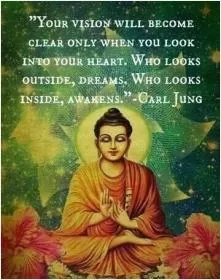
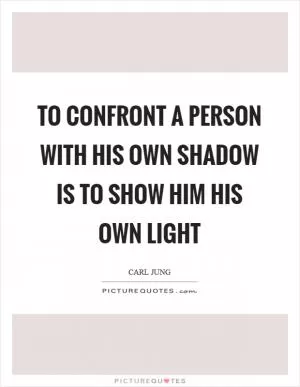
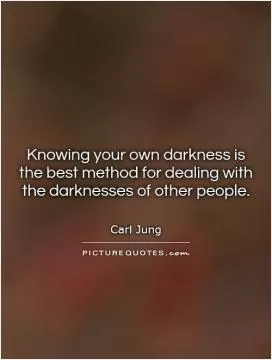

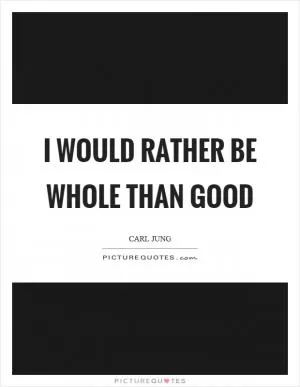
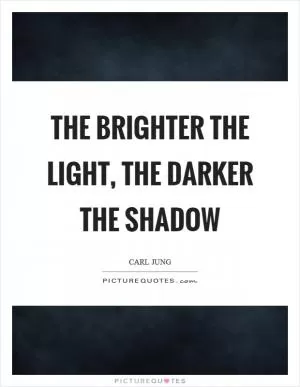
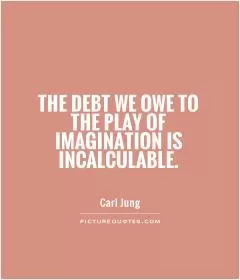
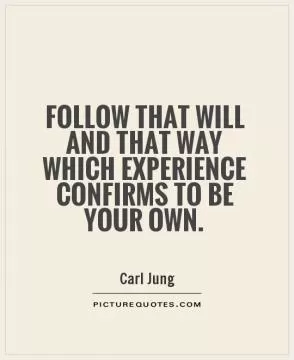
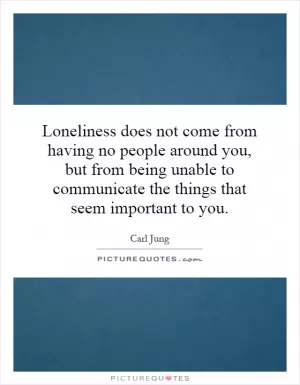
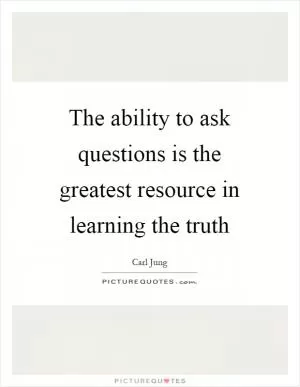
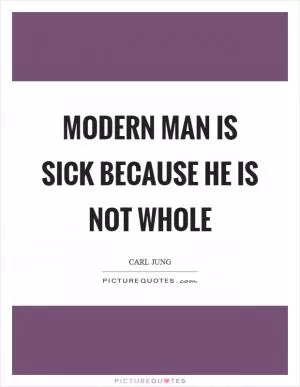
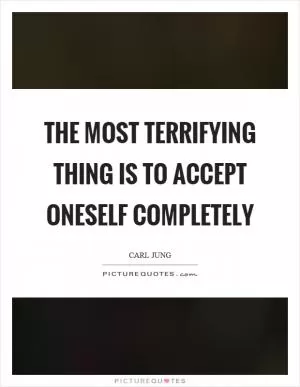
 Friendship Quotes
Friendship Quotes Love Quotes
Love Quotes Life Quotes
Life Quotes Funny Quotes
Funny Quotes Motivational Quotes
Motivational Quotes Inspirational Quotes
Inspirational Quotes